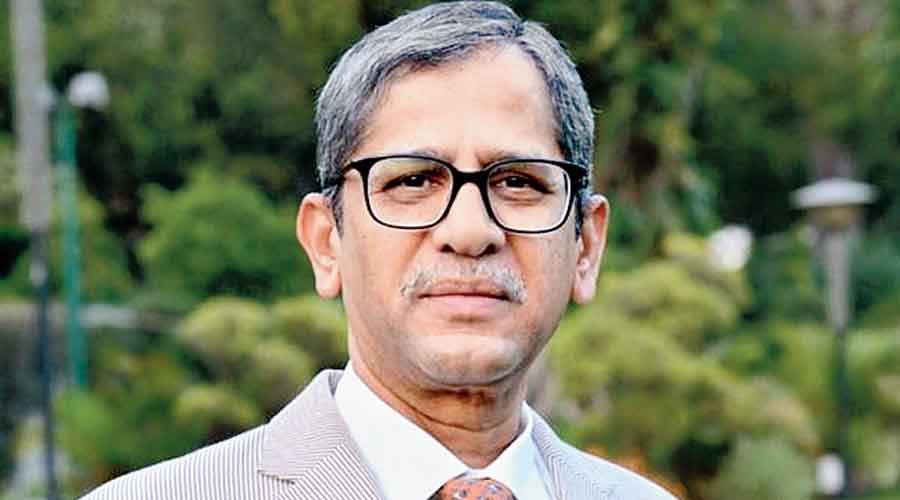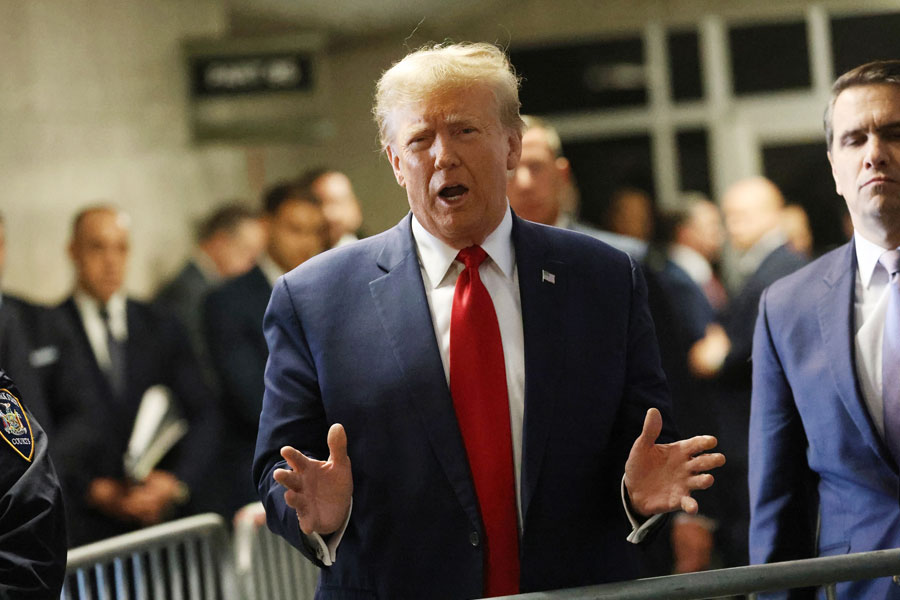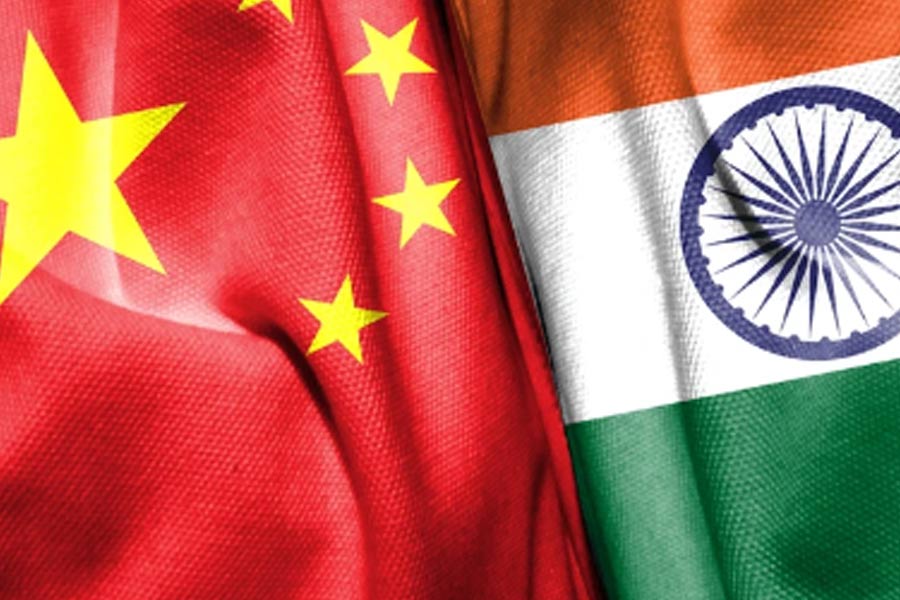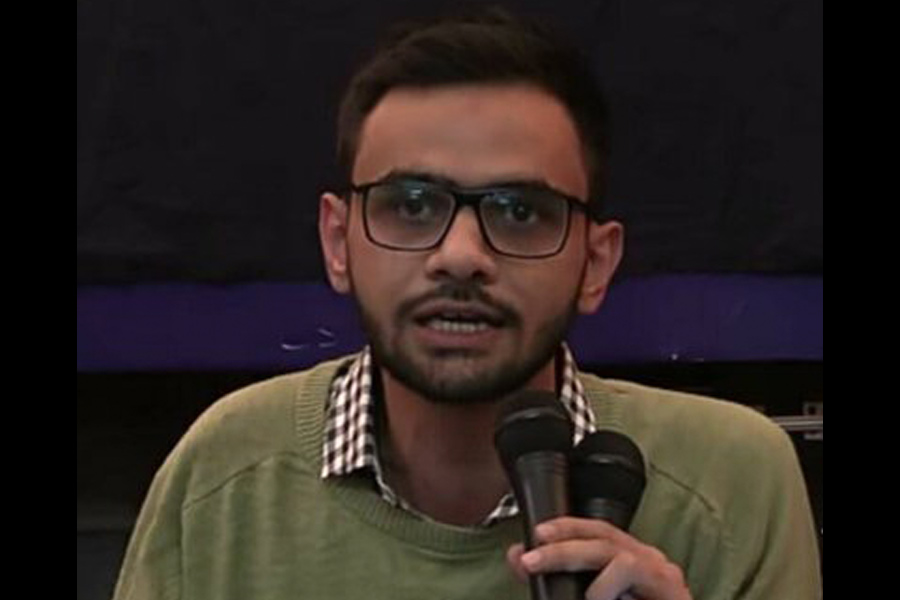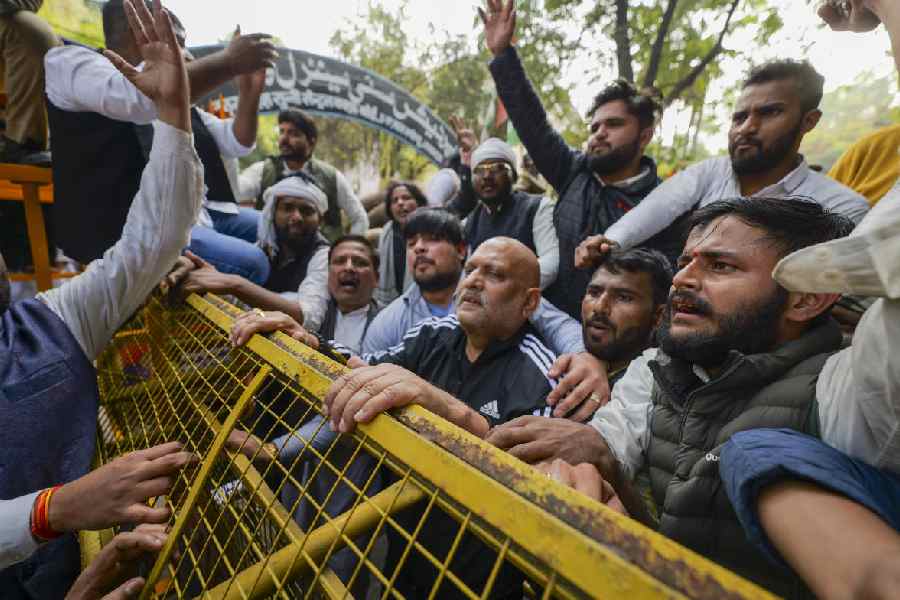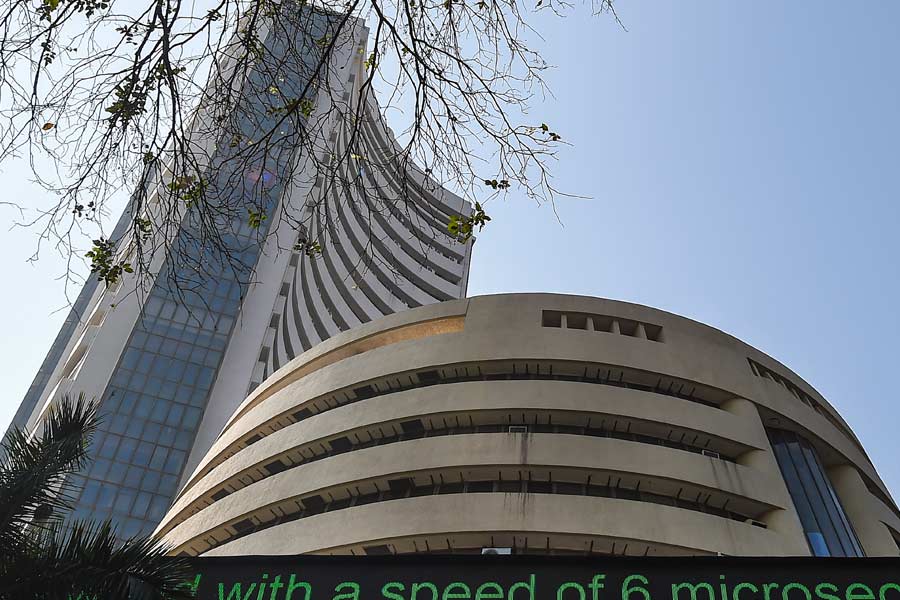Chief Justice of India N.V. Ramana on Saturday called for effective enforcement of intellectual property rights, including geographical indications such as Darjeeling Tea, Banarasi Sari, Tirupati Laddu and Dharwad Peda, to achieve the country’s full potential.
Addressing the National Seminar on Adjudication of IPR Disputes in India at the DRDO Auditorium, Justice Ramana said: “From Banarasi to Pochampally Saris, from Darjeeling Tea to Banaganapalle Mangoes, Tirupati Laddu to Dharwad Peda, geographical indications represent our tradition, heritage and territory.
“India has approximately 400 registered geographical indications. However, we can observe that there is a great disparity between the states in India concerning GI registration.
“Though certain states are performing well, others are yet to catch up. There is an immediate need to take corrective steps to achieve the full potential of geographical indications.”
The CJI said “provisions for stronger enforcement and action against infringement are the need of the hour”.
Justice Ramana called for awareness campaigns, especially in rural areas, on these intellectual property rights and said the success stories of Darjeeling Tea and Chanderi Silk need to be studied and replicated in other GIs as well.
“With the start-ups coming up in a big way across the country driven by innovative youth, this field of law has become more relevant than ever before,” he said.
Union finance minister Nirmala Sitharaman, Delhi High Court Chief Justice D.N. Patel and Justice Prathibha Singh were also present.
CJI Ramana said the vesting of the IPR jurisdiction with the high courts when the judiciary is already overburdened with the backlog would not deter the judiciary from rising to the occasion and putting in place systems that may be required to deal with the new regime of intellectual property rights.
Tracing the advent of the chorus for protection of intellectual property rights from the Uruguay Round of trade negotiations under the GATT (General Agreement of Tariffs and Trade) and the subsequent transition to the TRIP (Trade Related Intellectual Property Rights) agreement, Justice Ramana called for building sufficient capacities in the high courts so that intellectual property litigation can be conducted efficiently and smoothly.
“These new and additional challenges can be effectively met by strengthening the high courts. Not only do we need to fill the existing vacancies on an urgent basis, but there is also a need to increase the number of judges. With better service conditions we may be able to attract more and more talents into our fold,” he said.
“Judicial infrastructure needs to be improved. Unfortunately, we are not even meeting the basic minimum standards in this area. It has been my endeavour since assuming the office of Chief Justice of India to put in place an institutional mechanism to coordinate and oversee the improvement of judicial infrastructure.
“Mere allocation of funds is not enough. The challenge is to put the available resources to optimum use. I have been pursuing the government for setting up of statutory authorities, both at the Centre and in the states,” CJI Ramana remarked.
He said that while adjudicating the claims of intellectual property rights, a balance must be struck between contemporary claims and the sustainable interests of the future generations.

